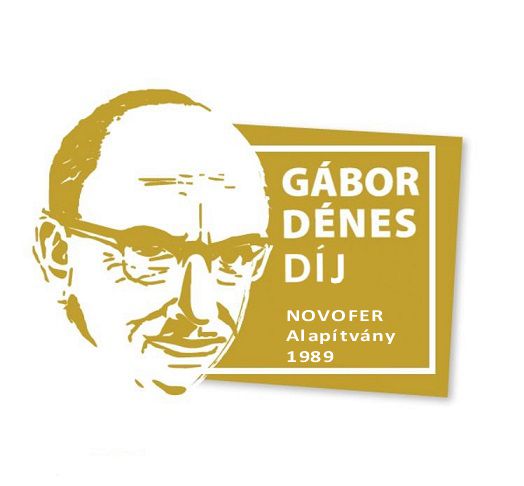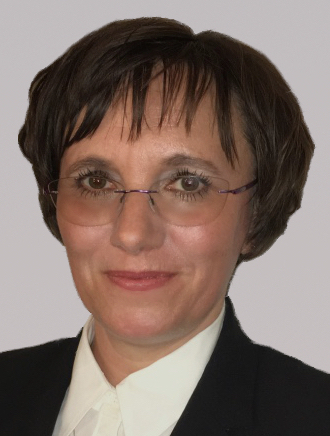Meghívó
2018. december 12-én, szerdán, 11 órakor az MTA EK MFA tanácstermében (KFKI 26. épület) kerül sor
Blanka Magyari-Köpe PhD
Senior Research Engineer
Department of Electrical Engineering, Stanford University,
420 Via Palou Mall, Stanford, CA 94305, USA
Memristors for Artificial Intelligence Systems – What Have We Learned from Ab Initio Simulations?
c. angol nyelvű előadására
A szemináriumon minden érdeklődőt szívesen látunk!
Abstract:
The rapidly expanding electronic components market to smartwatches, phones, drones, pads and laptops used in our everyday life have drastically increased the demand on the development of extremely power efficient nanoscale devices. Novel technologies incorporating resistive random-access memories (RRAM) are currently actively pursued for multiple applications including on-chip memories and neuromorphic computing systems within the artificial intelligence realm. The simple RRAM device comprising of a binary metal oxide sandwiched between two electrodes yields low power characteristics and extremely good scalability down to an active region of a few nanometers, given its reliance on filamentary conduction mechanism. The large-scale integration of these devices, however, also required the achievement of a superior control over device characteristics in the application specific design space. Therefore, device level challenges as switching-parameter variability, cycling endurance, and data retention had been going through significant improvements within the past years. Ab initio simulations provided pathways to fix the early day shortcomings and we proposed the adoption of impurity doping strategies, by which the alteration of the ionic migration in the switching material yielded enhance device performance and data retention. Furthermore, by identifying the major factors affecting the device characteristics of doped transition metal oxides and employing a systematic evaluation of dopants effects on the electronic and kinetic properties, I will conclude the talk with future opportunities and challenges in memory elements.

